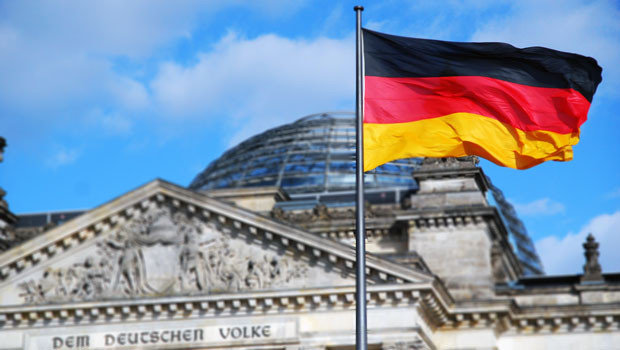German inflation hits highest level in nearly 50 years

German inflation hit its highest level in nearly 50 years in August, according to data released on Tuesday by Destatis.
Headline inflation rose to 7.9% on the year from 7.5% in July, coming in a touch higher than consensus expectations of 7.8%. Meanwhile, the HICP rate rose to 8.8% in August from 8.5% a month earlier.
Destatis said energy prices shot up 35.6% on the year in August, while food prices rose 16.6%.
"Energy prices, in particular, have increased considerably since the war started in Ukraine and have had a substantial impact on the high inflation rate," it said. "Food prices, too, increased above average. Marked price increases at the upstream stages in the economic process have an upward effect on prices. Another factor with an upward effect on prices is interruptions in supply chains caused by the Covid-19 pandemic."
Andrew Kenningham, chief Europe economist at Capital Economics, said: "Germany’s inflation rate resumed its upward trend in August. We expect it to be around, or above, 10% in October after the temporary measures which have suppressed prices since June are withdrawn and a gas levy is introduced. Moreover, underlying prices pressures are still very strong."
Claus Vistesen, chief eurozone economist at Pantheon Macroeconomics, said: "Looking ahead, we advise to keep an open mind on the energy component. Wholesale gas prices are now plunging, due to a better-than-expected rise in domestic storage levels, but don’t bet the far that this is the beginning of a lasting decline.
"The key test will be what prices will do once Germany, and Europe, begins to draw down inventories over winter. Remember that at this point, the continent will not be able to fill up storage with Russian supplies next year, at least not unless something dramatic changes in the political situation vis-a-vis Russia.
"Finally, signs that the EU is mulling abandoning the marginal pricing for energy - which currently means that electricity prices are soaring one-for-one with higher gas prices - could drive down inflation, if implemented. The flip-side, however, is that it also would increase the risk of supply-cuts and rationing, for the simple reason that lower prices would make the production of some wholesale electricity un-profitable, unless subsidised."